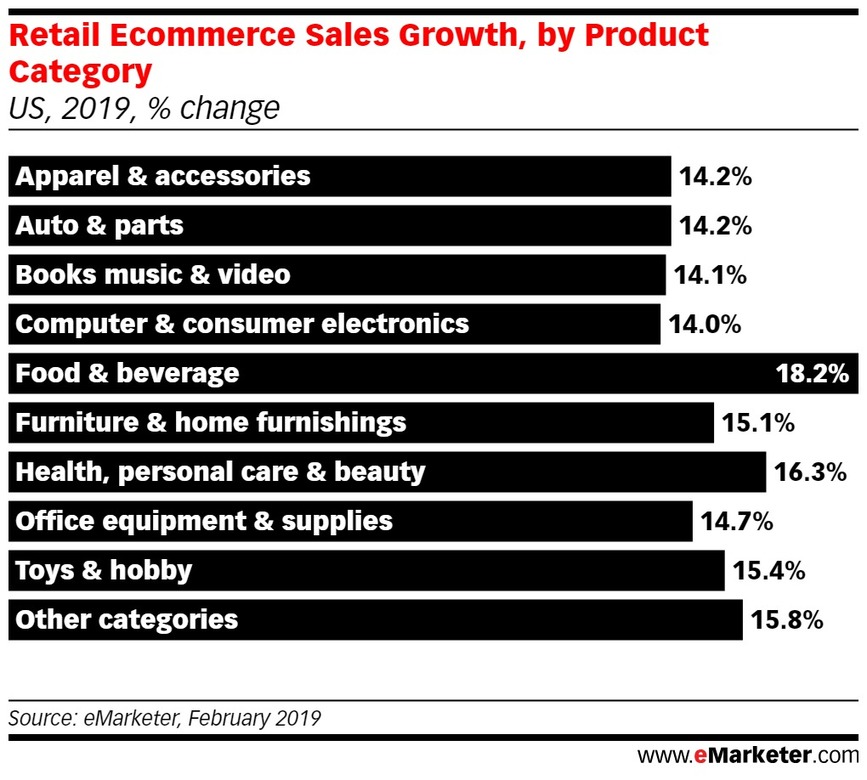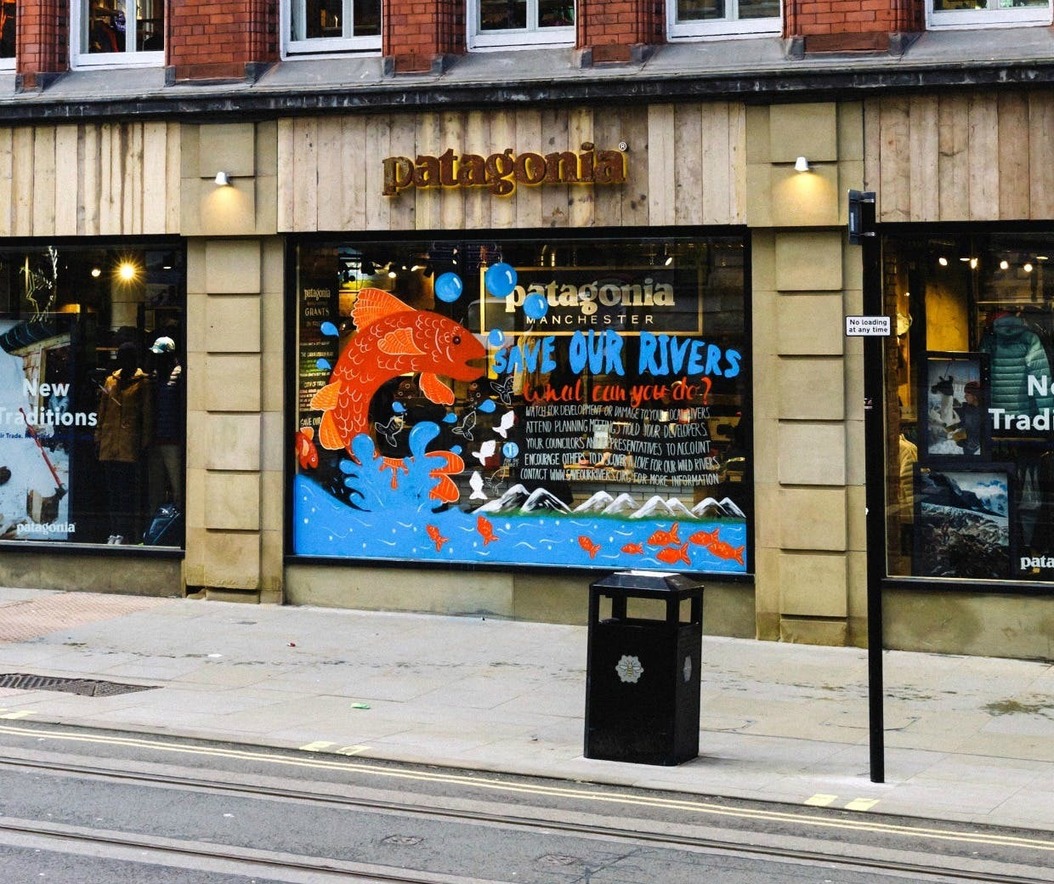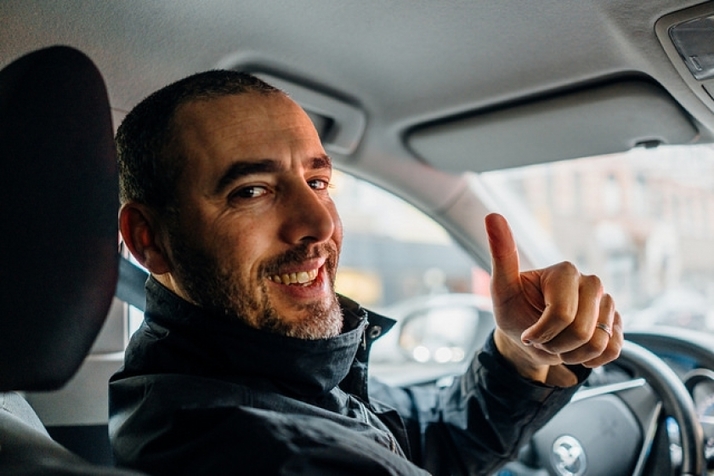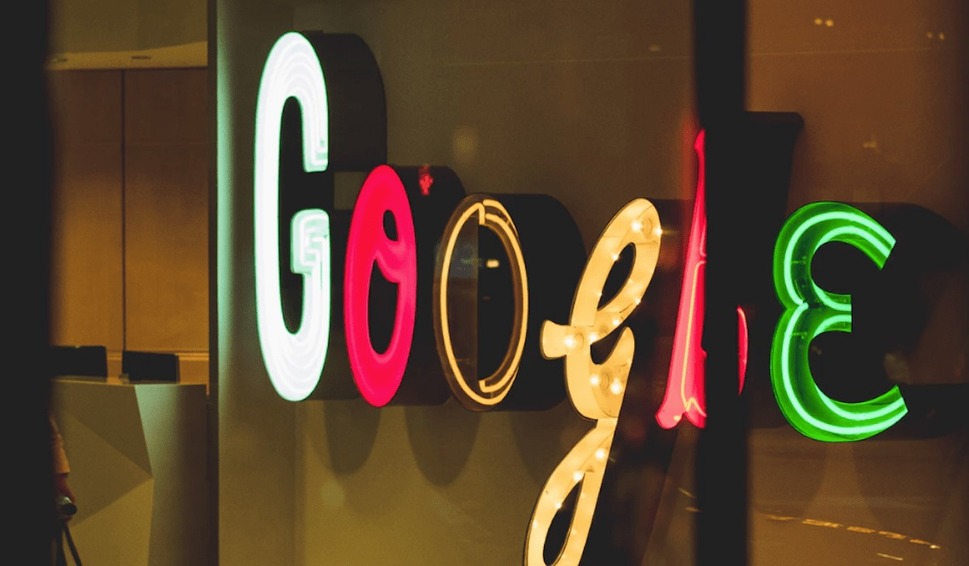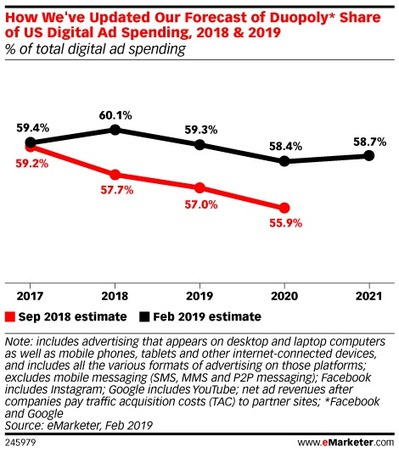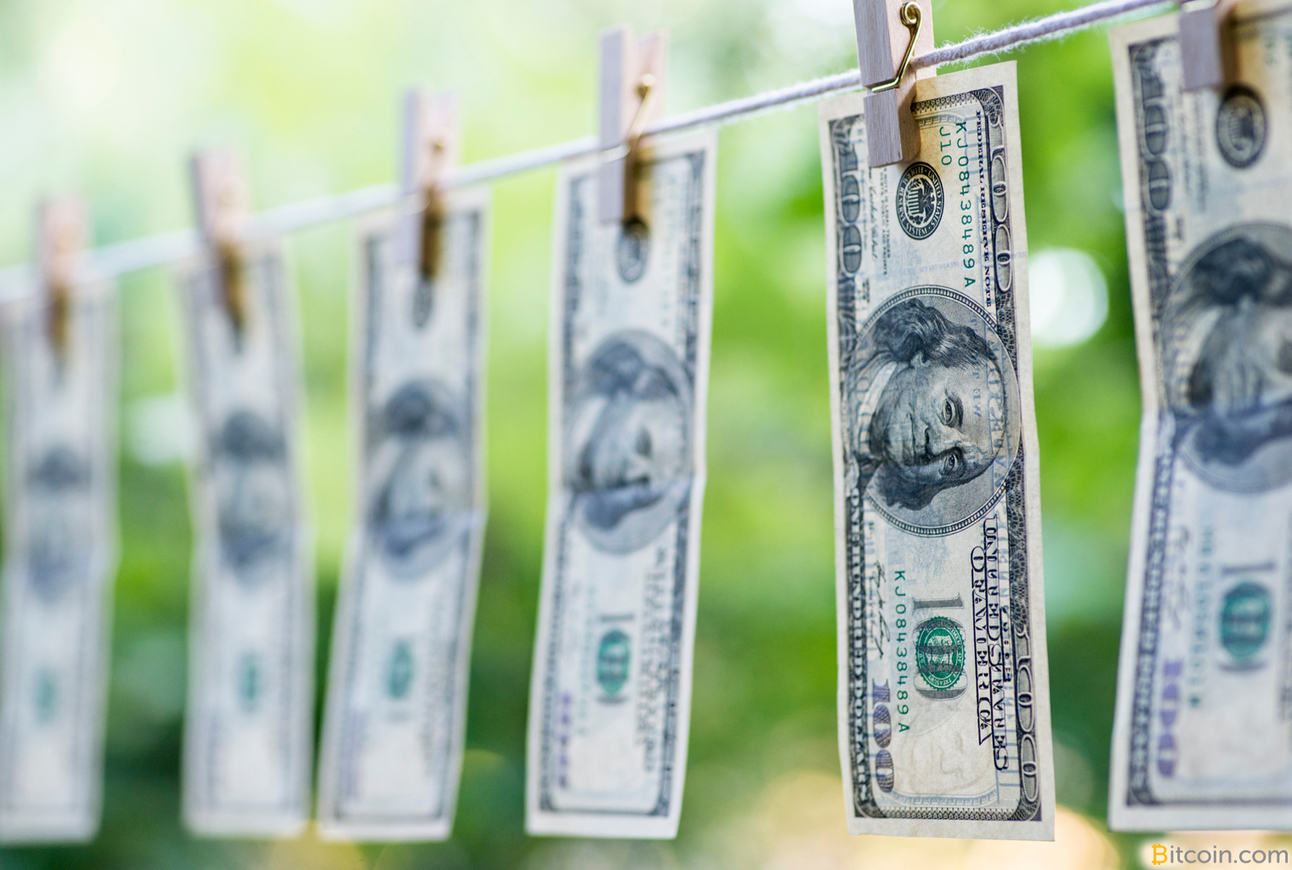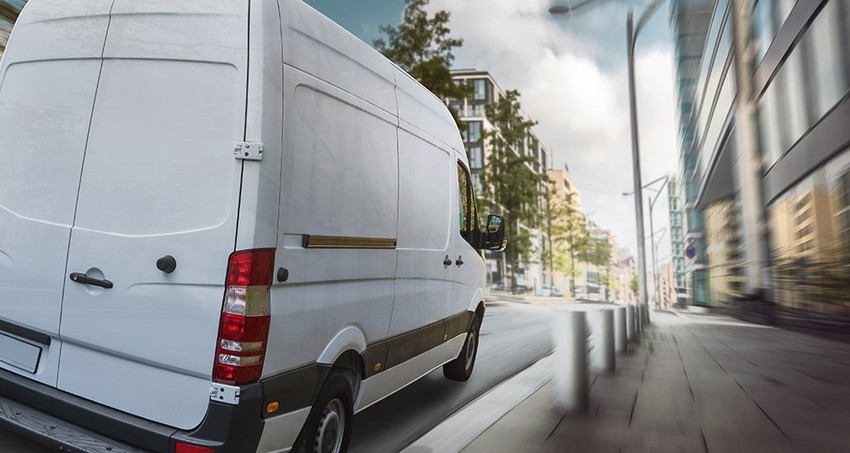The Amazon Dash Button is Dead but It Wasn’t a Failure – eMarketer Trends, Forecasts & Statistics
“The Dash button seeded the idea for easy replenishment, which is now gaining traction through voice commerce,” said eMarketer principal analyst Andrew Lipsman. “Ordering through Alexa provides the same benefit of a low-friction purchase without having to affix branded logos to every corner of the house.”Although consumers have historically purchased household and other CPG products in-store, our February 2019 forecast indicates that they are starting to move online. While their share of total online sales is still small, CPGs have excellent potential to be bought and reordered via voice. Unlike apparel, for example, they need to be replaced on a regular basis. They also don’t require a visual display or deep research in the way electronics or auto parts do.

